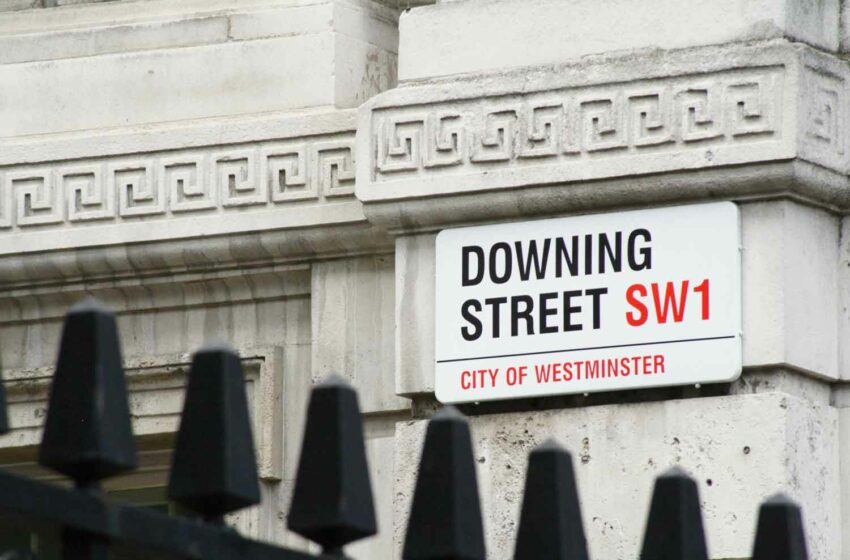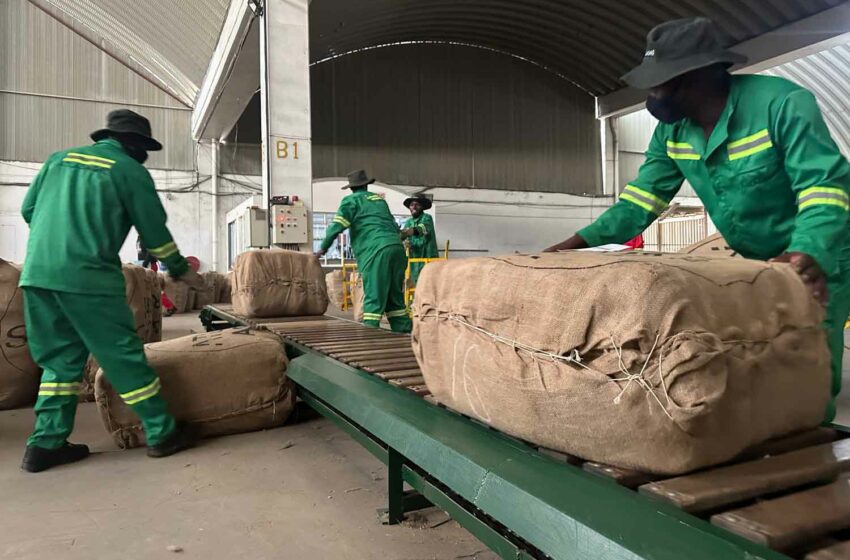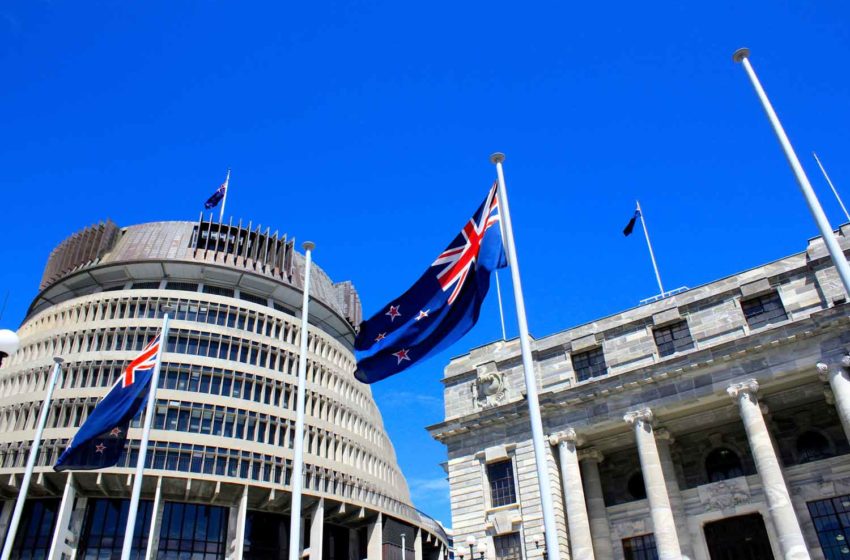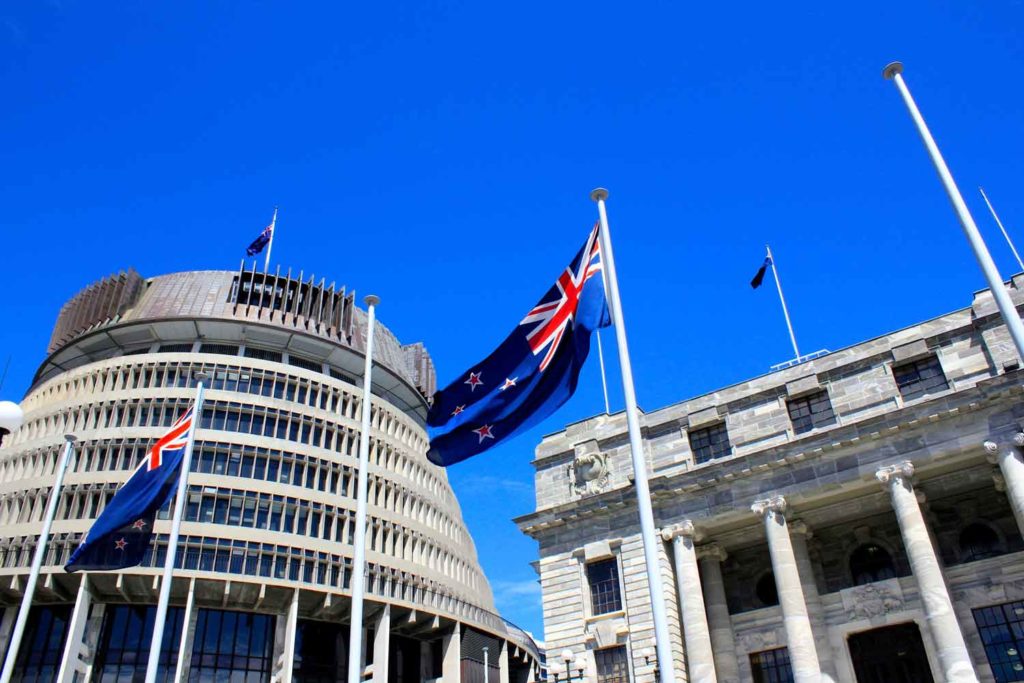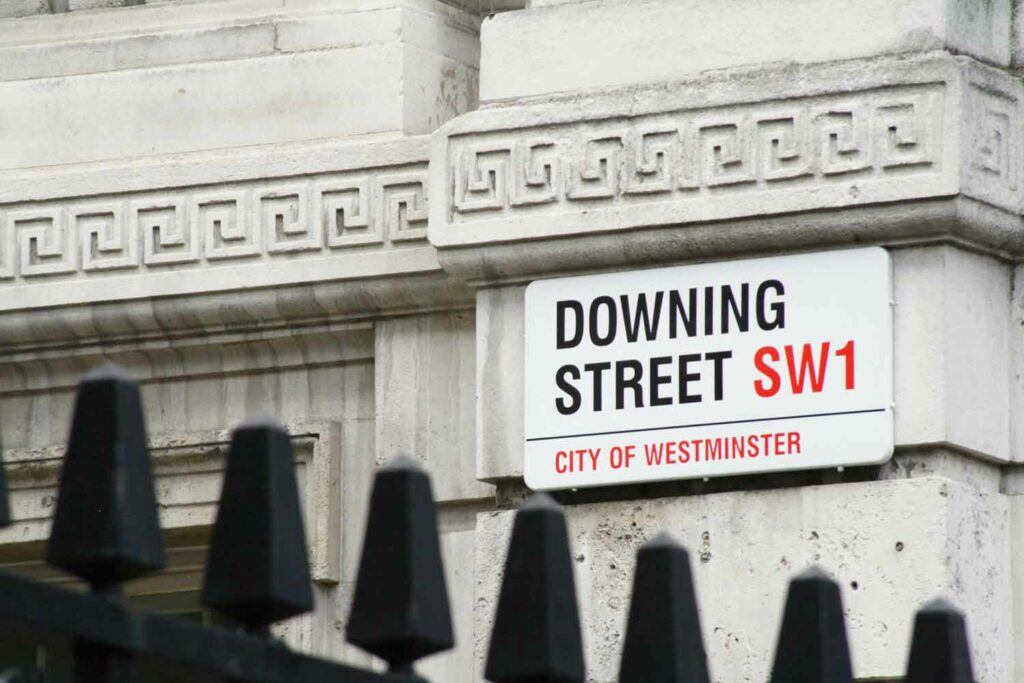
England remains committed to its generational tobacco ban despite New Zealand decision to ax a similar plan, reports the Central Fife Times.
Britain’s government has proposed legislation that would make it illegal for anyone born on or after Jan. 1, 2009, to ever legally buy cigarettes, effectively raising the legal age of purchase by one year, every year.
The legislation was inspired by a generational tobacco ban passed by New Zealand’s former government.
Following New Zealand’s recent general elections, however, the new coalition announced it would repeal the legislation, arguing that there are better ways to improve public health.
Smokers’ rights activists urged England to follow suit by ditching its version of the generational tobacco ban.
“Having stolen the idea from the previous New Zealand government, the prime minister should follow the example of the next New Zealand government and scrap this crazy plan,” said Forest director Simon Clark.
Asked whether Rishi Sunak would consider following Wellington’s lead, a spokeswoman for the British prime minister said: “No, our position remains unchanged. This is an important long-term decision and step to deliver a smoke-free generation which remains critically important.”
A government-commissioned report published in June 2022 put the annual cost to society of smoking at about £17 billion ($21.51 billion).

